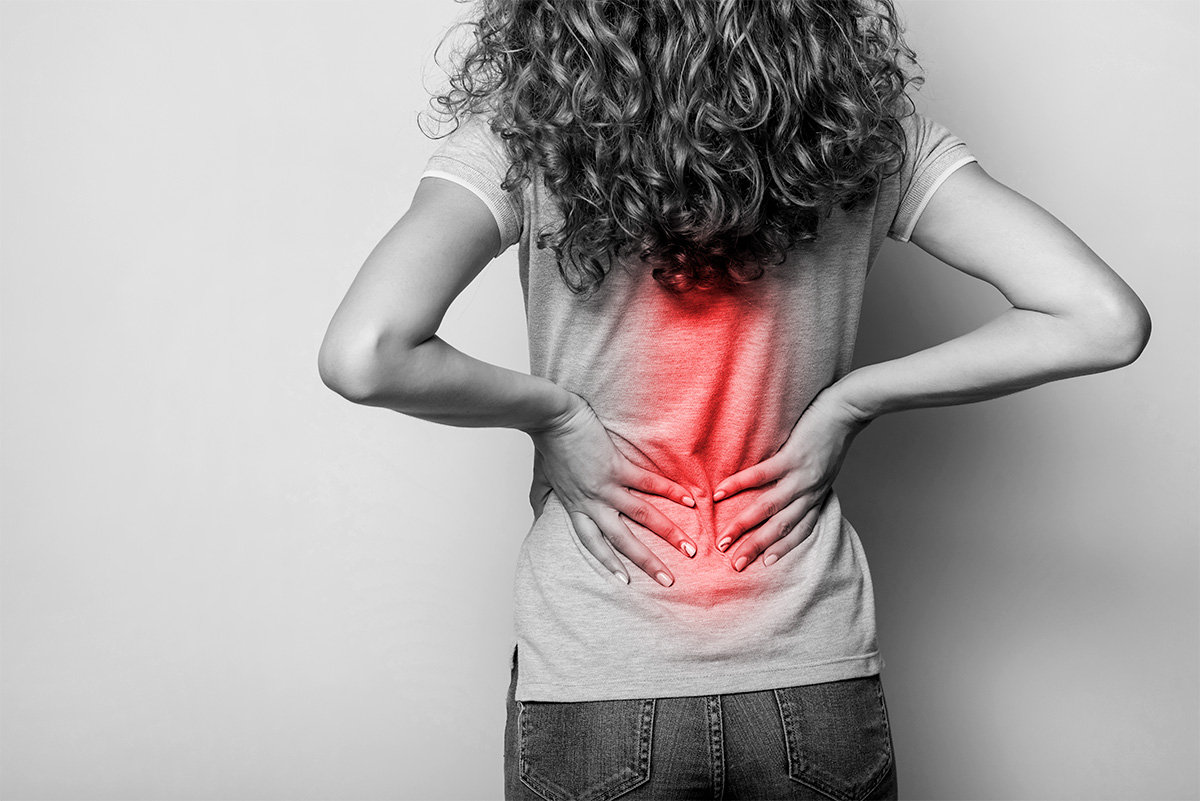 |
| Symptoms and treatment of osteoporosis in women |
Osteoporosis is a disease in which a person suffers from lacking bone mass and losing of bone tissue, which makes these bones fragile and weak, and more prone to fracture.
Osteoporosis in women is a very common case, As the incidence of osteoporosis is higher by about 80% among women compared to men, and half of the women who are more than fifty years are exposed to one or more separate fractures at this age as a result of osteoporosis.
Symptoms of osteoporosis in women

Osteoporosis is called the silent disease, and this name came to explain the idea; The early stages of bone deficiency and fragility do not cause any clear symptoms, Maybe you can't even know until you break (fracture) a bone.
All the bones in the body of women that suffer from osteoporosis are weak and susceptible to fracture.
But the pelvic bones, wrists, and spine bones are considered as the most vulnerable part of the fracture in this case, as the fracture of the spine which is responsible for supporting the body, and helping to stand and sit when suffering from osteoporosis, occurs during daily activities such as carrying things, bending, or climbing stairs.
this type of
fracture exposes women for difficult problems, such as a collapse of the spine,
or forward bending, in the event of this type of fracture, there are several
symptoms that a woman may suffer such as:
·
Sloping shoulders
·
Curved back
·
Height shortage
· Back pain
Treatment of osteoporosis in women

- Bisphosphonates: help to reduce the loss of bone, and they may be useful for building bone mass in the body.
- Calcitonin; The use of calcitonin in the case of osteoporosis helps reduce the speed of bone mass loss, as calcitonin is one of the hormones secreted by the thyroid gland in the body, as it helps to regulate the proportion of calcium in the body and build bone mass.
- Hormonal therapy for osteoporosis in women: This treatment is used to control menopausal symptoms and may help prevent a loss of bone mass.
Prevention of osteoporosis
- - Exercising: as usual exercise, weight-bearing sports, strengthens muscles and bones and balance exercises can help a person avoid falls to reduce the risk of fractures.
- - Getting enough calcium helps build bones and maintains their strength as in Milk, dairy products, broccoli, cabbage, calcium-fortified orange juice.
- - Taking nutritional supplements: after consulting a doctor to provide the body with the necessary needs of calcium, in addition to the importance of not exceeding the daily dose of 2000 milligrams, to avoid kidney problems.
- - Taking vitamin D: to absorb calcium, by exposure to sunlight for 20 minutes every day.
In the end, my advice for all women is to have a few minutes under sunlight in the early morning and make sure you get enough calcium in your meals.


0 Comments